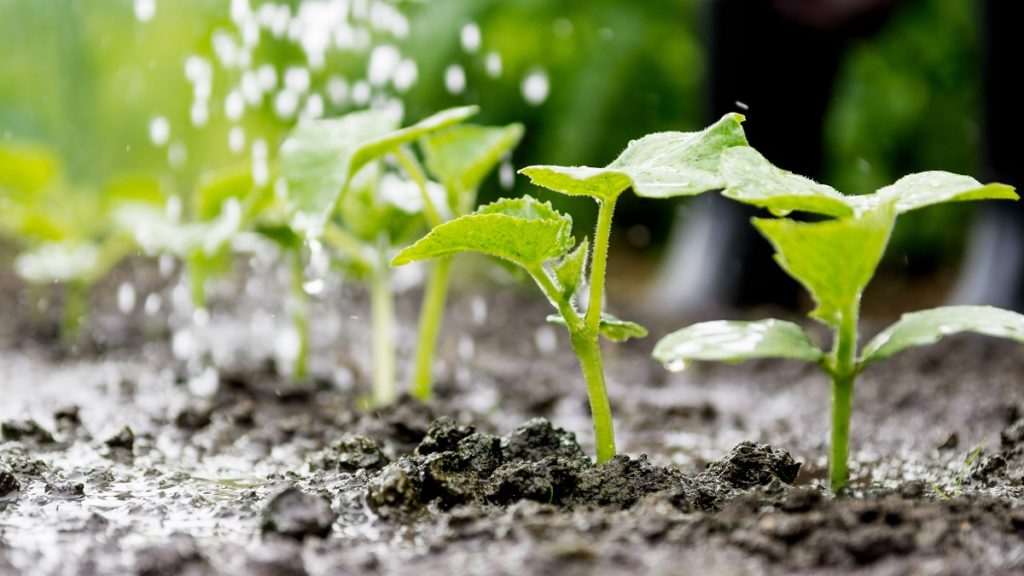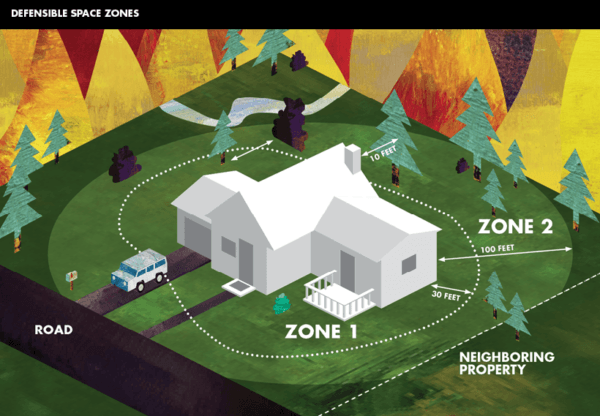Can you drink your daily cup of joe more sustainably? If you’re like me, you like the brand of coffee you buy, or have a favorite coffee shop you frequent, and don’t want to make big changes to your coffee habits. You’re probably a busy person and don’t need extra hassle in your life. So, how can you easily reduce […]









